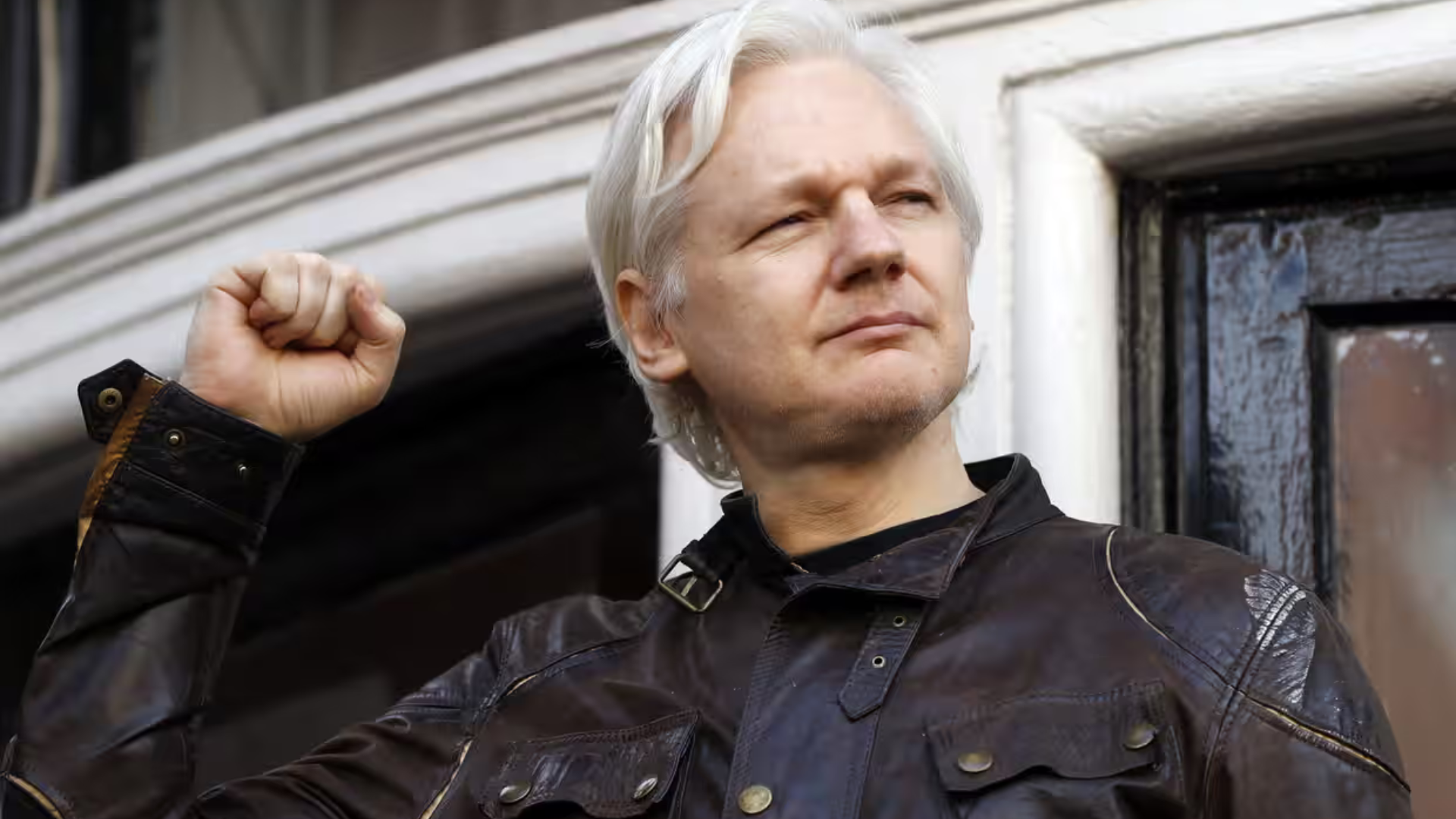
WikiLeaks founder Julian Assange is set to plead guilty to a US espionage charge, marking a significant development in his long-standing legal battle over the release of classified documents. This plea deal aims to facilitate the end of his imprisonment.
Who is Julian Assange and What is WikiLeaks?
Julian Assange, born in Townsville, Australia, in July 1971, gained a reputation as a sophisticated computer programmer in his teens. He pleaded guilty to hacking in 1995 and later studied mathematics and physics at Melbourne University. Assange founded WikiLeaks in 2006, providing a platform for whistleblowers. The site gained global attention in April 2010 after publishing a classified video of a 2007 US helicopter attack in Baghdad that killed a dozen people.
In 2010, WikiLeaks released over 90,000 classified US military documents on the Afghanistan war and about 400,000 secret files on the Iraq war, marking the largest security breaches in US military history. In 2011, it published 250,000 secret diplomatic cables from US embassies worldwide.
US Reaction
The leaks outraged US politicians and military officials, who claimed they endangered lives. Chelsea Manning, an ex-army intelligence analyst, served seven years in a military prison for leaking documents to WikiLeaks before being released by President Barack Obama. WikiLeaks reemerged in 2016 when it published emails from Hillary Clinton’s campaign chairman during the US presidential election, which a US Senate report later linked to Russian interference aimed at aiding Donald Trump’s victory. Both Trump and Russia denied the allegations.
Legal Troubles
In November 2010, a Swedish court ordered Assange’s detention over allegations of sex crimes by two Swedish WikiLeaks volunteers. Assange, arrested by British police in December 2010, denied the allegations, claiming they were a pretext to extradite him to the US. In June 2012, after losing a UK Supreme Court extradition challenge, he sought asylum in the Ecuadorean embassy in London, granted in August 2012. He lived in the embassy until April 2019, when Ecuador revoked his asylum, leading to his arrest by British police.
Assange was jailed for 50 weeks for breaching bail conditions and remained in Belmarsh prison pending extradition hearings. In June 2019, the US Justice Department requested his extradition to face 18 charges, including conspiracy to hack US government computers and violating espionage laws. Despite a British judge initially ruling against extradition due to Assange’s mental health risks, US authorities won an appeal in December 2021, offering to let Assange serve any sentence in Australia if convicted.
Plea Deal
In June 2022, Britain approved his extradition, and a judge later rejected his challenge to this decision. Assange’s legal team argued the case was politically motivated and a threat to freedom of speech and journalism. The High Court eventually permitted a full appeal, requiring the US to ensure that Assange would not face the death penalty and could invoke First Amendment rights.
Under the plea deal, Assange will plead guilty in the Northern Mariana Islands to conspiring to obtain and disclose classified US national defence documents. He is expected to be sentenced to 62 months of time already served, potentially ending his prolonged legal ordeal.














